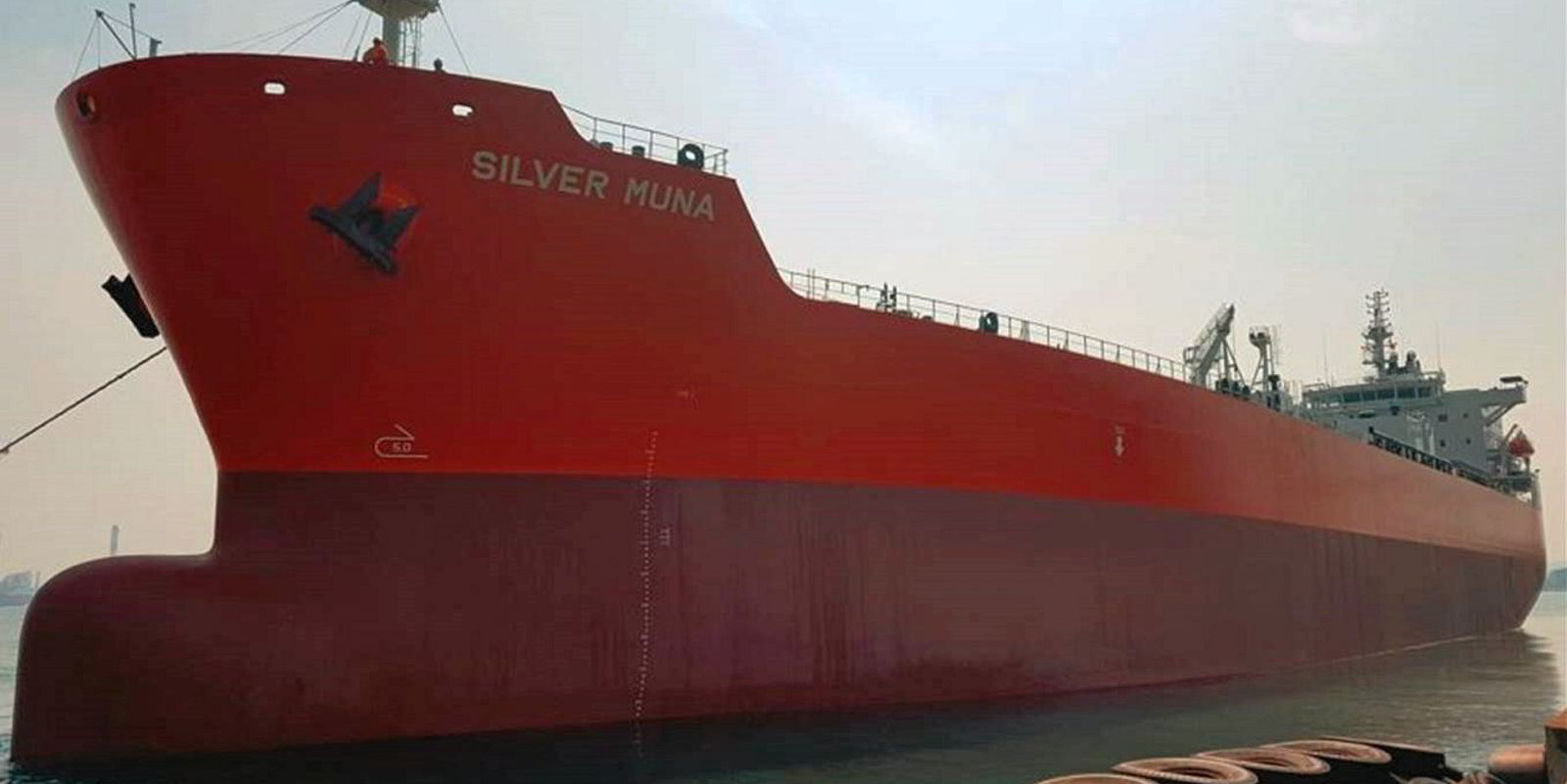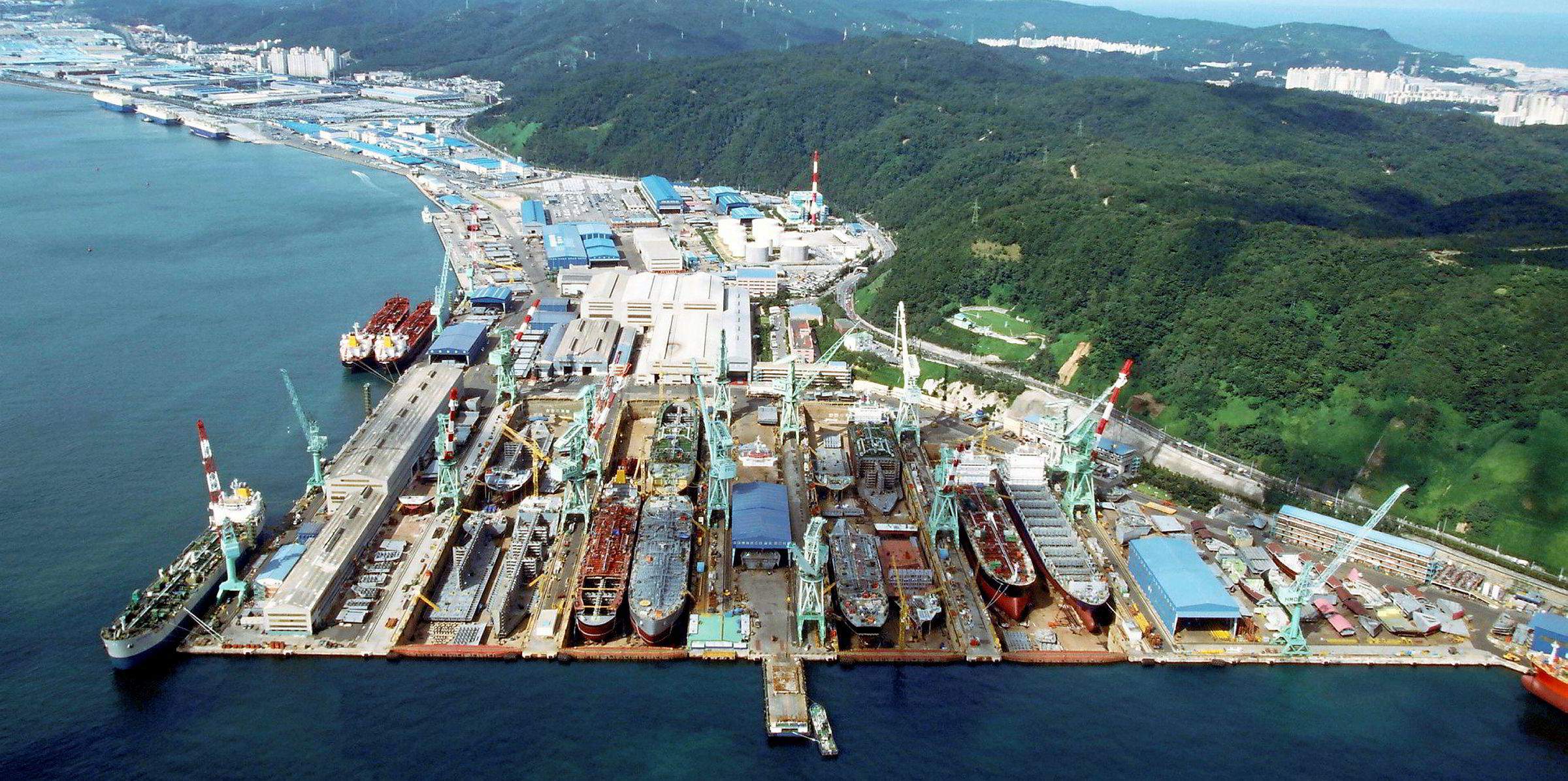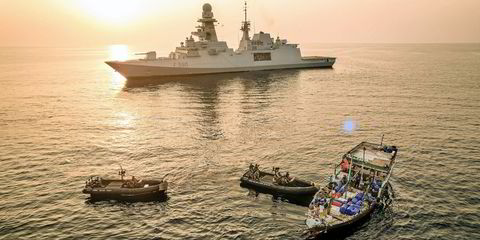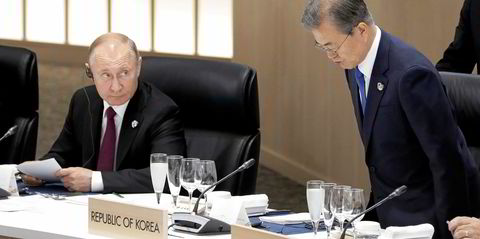Four months after taking the helm at Tristar Eships, Tim Coffin is talking about growing the multifaceted shipping company.
Coming from a shipping investment and private equity background, Coffin replaced Chris Peters, who left the Dubai-based company to join Montfort Trading.
The first order of business was to settle on one brand name for a company that had hitherto been known in the market both as Tristar Maritime and Eships.
“In order to resolve the industrial confusion, we decided to tie the two names together. Tristar Eships is the brand going forward,” Coffin told TradeWinds in an exclusive interview.
Although a US national, Coffin has spent most of his 27 years of shipping in the UK, where his resume includes working as head of research at Capital Shipbrokers, partner and head of fleet investments at Global Maritime Investments and in business development and corporate finance at Navig8. More recently, he headed the London office of a Norwegian investor whom he describes as “very focused on shipping”.
This experience has led to Coffin having some pointed views on the way the industry operates.
“At some point, I figured out that a lot of shipowners act like hobbyists rather than investors. The industry goes through horrible cycles combined with overordering and irrational pro-cyclical competitive behaviour. The value destruction that follows is always shocking,” he said.
“I have been a student of that behaviour ever since, and I am determined not to replicate it.”
Tristar Eships’ shareholders, he said, like long-term investments backed by long-term contracts.
“We want to expand. Contracts are our cash-flow base, so we are talking to existing customers and opening dialogues with new ones to see where there is capacity for new projects.
“We know how to operate almost anything, so therefore the challenge of hunting for value is much simpler.”
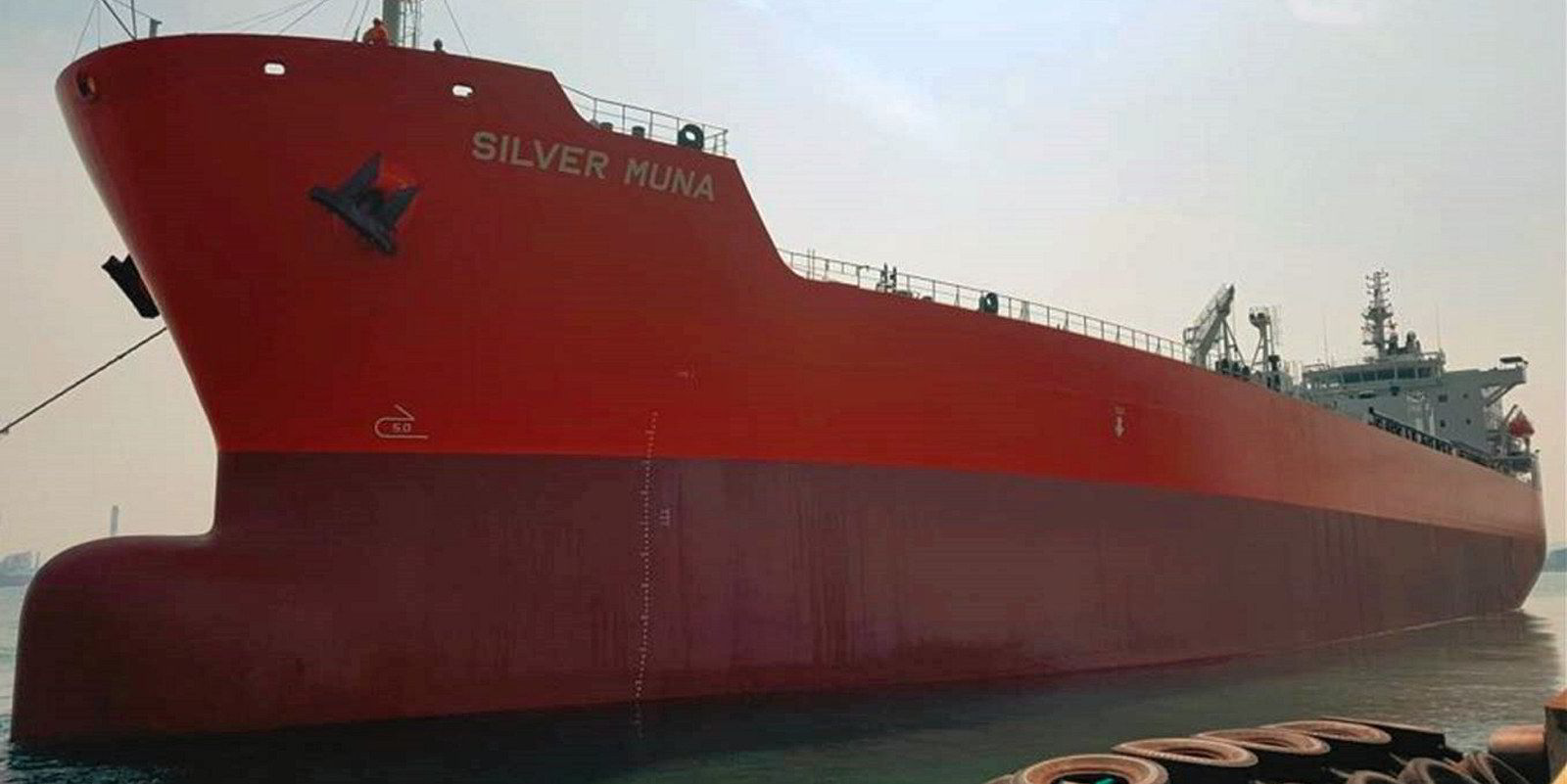
Tristar Eships operates a fleet of more than 35 vessels, 27 of which are owned. Product tankers form the bulk of the fleet, but it includes bulk carriers, gas carriers and coastal lube oil barges that operate in the Middle East Gulf region.
Coffin is keen to expand in all these sectors.
On the tanker front, Tristar has mostly ordered vessels against long-term contracts. Shell is one of its largest partners, with 12 product tankers chartered as part of its Silver and Solar vessel procurement projects.
To take advantage of market volatility, two product tankers, two chemical tankers and two bulkers are traded in the spot market.
In March, Tristar teamed up with Singapore’s Norstar Shipping to launch a tanker company in Dubai focused on chemical and clean petroleum products tankers.
Norstar Chartering Services DMCC charters and commercially operates tankers and has regional offices in the US and Singapore.
Coffin notes that the values of older MR tankers are going up but is cautious about entertaining any requests to sell some of the company’s older units, especially from buyers with questionable backgrounds.
Tristar Eships’ MR tankers, he claimed, have turned into cash cows: “They are generating significant free cash flow.”
Tankers are Tristar Eships’ “bread and butter”, but he said the market is getting to the point at which values are unsustainable.
“It is hard to see freight rates and values continue to spike indefinitely.”
However, Coffin indicated that more immediate attention is being given to the dry sector, where Tristar Eships operates two owned and two chartered bulkers.
“We are in the process of setting up a cargo desk on the dry side. This will allow us to shorten tonnage and neutralise volatility. While we want to be long in tonnage, we don’t want to be indefinitely tied to long,” he said.
Asked whether he might consider expanding in dry bulk through a partnership with another player or trading house, he replied: “Certainly, if the value proposition makes sense”.
Ship management joint venture
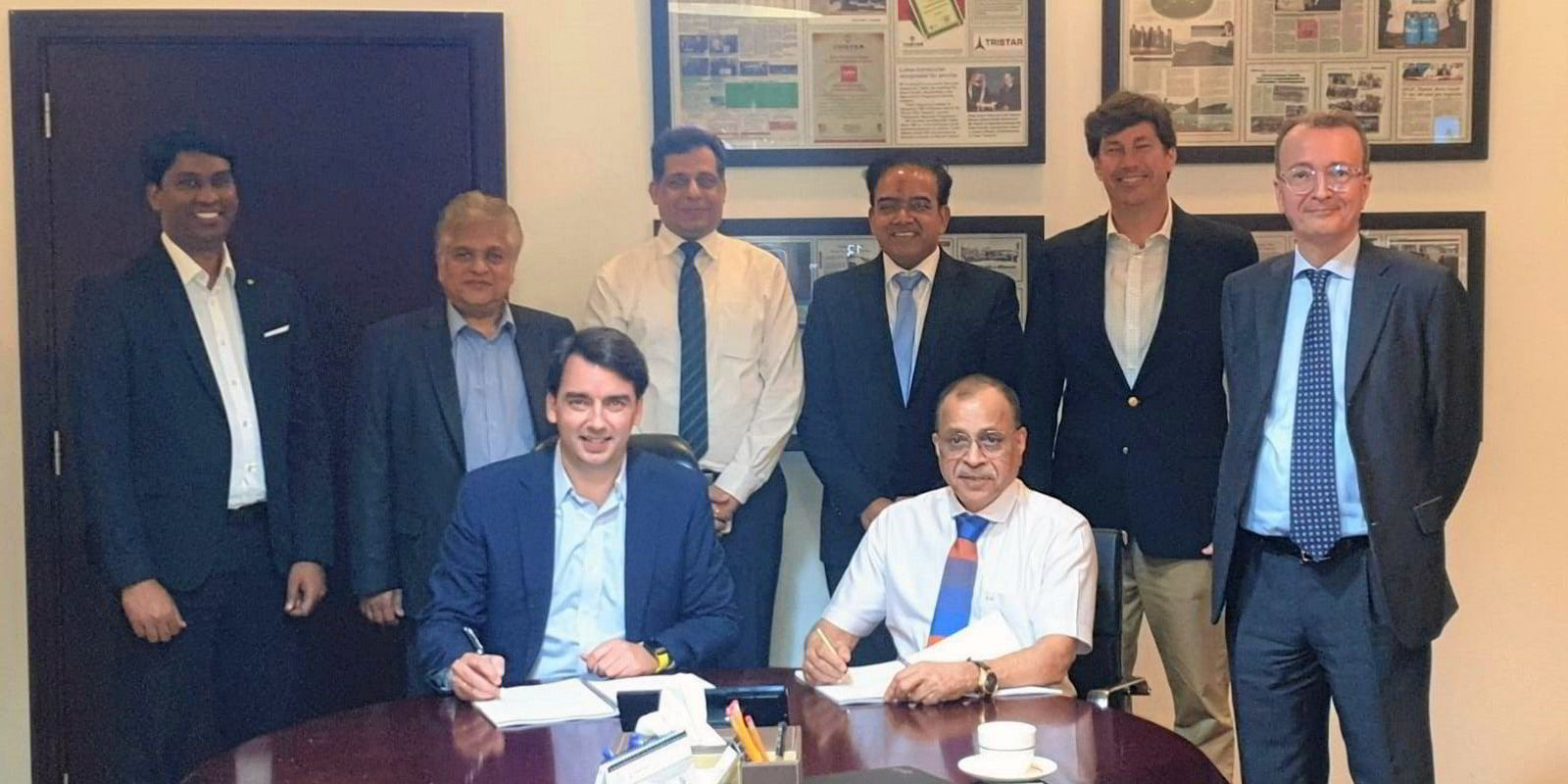
Tristar Eships teamed up in May with MTM Ship Management, a third-party manager owned by chemical tanker player MT Maritime, to launch a ship management operation.
The joint venture will initially manage vessels from the Tristar Eships fleet.
When the tie-up was announced, Coffin said both companies were shipowners first, so were inherently sensitive to value and maximising service to charterers.
Expanding on the reasons behind forming the joint venture, he says Tristar-MTM Ship Management will allow both companies to be on top of how regulatory and technology changes are changing the business.
“The only way to do this is to be very close to the technical managers. It also gets you closer to your crew, and your crew closer to your customers,” he explained.
Tristar-MTM will pursue third-party tonnage in due course.
“The next natural step is to market it to Middle Eastern owners, providing tailored services with a unique competitive edge: a shipowner’s perspective on ship management and what lays ahead in the technological and regulatory era,” Coffin concluded.
Tristar Eships started in Abu Dhabi as Emirates Ship Investment Co (Eships) in 2005 on the bones of Combined Cargo UAE, a joint venture between Norway’s Torvald Klaveness Group and United Arab Emirates-based financial interests.
After Klaveness exited in 2016, taking with it the bulker business, the Eships name, together with its remaining tankers and gas carriers, were sold to the Tristar Group, a major bulk liquid, road transport provider in the Middle East. Most of the senior management team shifted with the company to Dubai.

